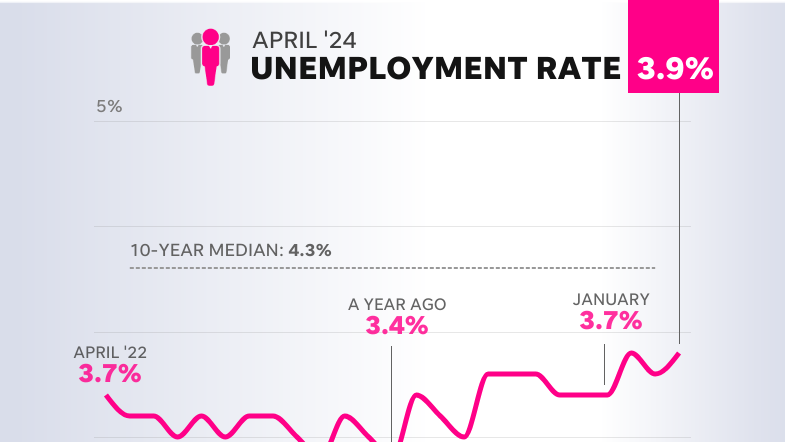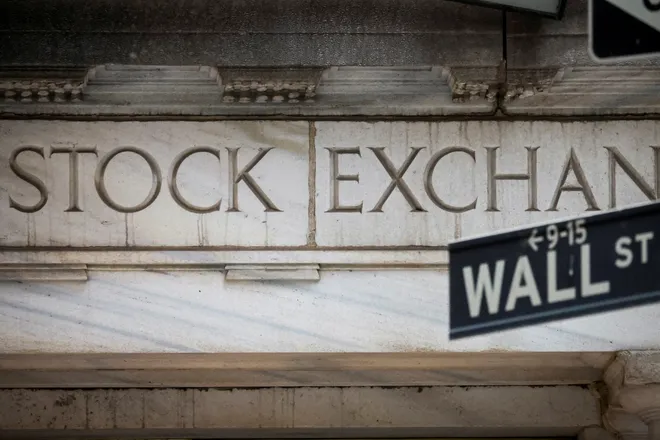US stocks drop, oil climbs over Iran strike amid escalating Mideast tensions
(Updated to add new information.)
Major U.S. stock indexes closed lower while oil prices climbed on Tuesday amid worries about escalating tensions in the Middle East.
Iran launched missiles at Israel, according to Israel Defense Forces (IDF). The IDF’s announcement came just hours after a U.S. official said Iran was preparing imminently to launch a ballistic missile attack against Israel. The official said the U.S. was actively supporting Israel in its preparations to defend against the attack and warned any direct attack on Israel will carry "severe consequences for Iran.”
Worries a wider conflict in the Middle East could dampen the world’s oil supply pushed up oil prices, with WTI crude up 3.59% at 4:25 p.m. ET, economists said. Iran accounts for about 4% of global oil output.
Nervousness also triggered some short-term selling of U.S. stocks and buying of so-called safe-haven assets like gold and U.S. treasuries. The broad S&P 500 index ended down 0.93% at 5,708.75 and the Dow off 173.18 points, or 0.41%, to 42,156.97. The tech-heavy Nasdaq shed 1.53% to finish at 17,910.36. Gold was last up 0.77% at 4:23 p.m. ET and the 10-year yield was down fractionally. Treasury yields move in the opposite direction of Treasury prices.
Capitalize on high interest rates: Best current CD rates
However, analysts noted that markets appeared to still be calm, with investors likely waiting for a clearer picture of what's unfolding overseas before making any major portfolio changes, they said.
“The situation remains fluid until the attack occurs as well as the subsequent retaliation,” said Mike O’Rourke, chief market strategist at JonesTrading. “It is premature to make judgements as to how this will influence financial markets in coming days…The current S&P 500 selloff is relatively mild relative to the geopolitical risk.”
What should investors watch for in the Middle East?
The size of Iran’s attack and whether it inflicts significant damage, particularly in civilian areas, will be key to watch, said James Reilly, senior markets economist at research firm Capital Economics. Iran doesn’t want to risk pulling the U.S. into the war, he said.
“We know what happened when Iran last announced and launched their strike," said David Belle, founder and trader at Fink Money, noting that there was little impact. Iran’s attack on Israel last April caused only modest damage inside Israel due to air defense interceptions not only by Israel, but by the United States, Britain and other allies in the region.
If tensions escalate and Iran’s oil supply is disrupted, Reilly said to watch if Saudi Arabia increases its production to keep oil flowing to the world. If Saudi Arabia steps in, oil prices can remain in check.
If oil prices rise, Reilly said prices would have to climb significantly to boost inflation. “As a rule of thumb, a 5% increase in oil prices adds about 0.1% point to headline inflation,” he said. “It would take a much larger, and sustained, increase in oil prices to have a bearing on central bank policy.”

Should investors worry about East and Gulf coast port strikes?
So far, investors haven’t shown much concern over the strikes at the East and Gulf coast ports that began on Tuesday.
If the strike doesn’t last long, economists expect the effects to be modest on both economic growth and inflation.
“While the strike will impact about 40% of US container volumes and comes at a poor time ahead of the crucial holiday shopping season and elections, it should not materially fuel inflation, like port shutdowns did in 2021-2022” just after the pandemic, said Raymond James' Chief Economist Eugenio Aleman in an email. “The reason: softening consumer demand. Slower job growth, a more discerning consumer, and an expected cooling in shelter costs should limit the upside impact.”
In Fed hands:Why Fed rate cuts may juice the stock market and your 401(k)

What are investors focused on instead?
Investors are still largely focused on the prospects for more Federal Reserve rate cuts, O’Rourke said.
“Generally speaking, investors have been enthusiastic about the Federal Reserve’s aggressive easing plans,” he said. They’ve been “willing to dismiss the uncertainty surrounding both the election and the port strike for the time being.”
Last month, the Fed lowered its benchmark, short-term fed funds rate for the first time in four years to give a cooling labor market a boost now that inflation’s in a downward trend. It cut the rate by a whopping half percentage point to a range of 4.75% to 5.00% from a 23-year high of 5.25% to 5.5%.
The Fed also indicated it expected to continue lowering rates this year through 2026.
Medora Lee is a money, markets, and personal finance reporter at USA TODAY. You can reach her at mjlee@usatoday.com and subscribe to our free Daily Money newsletter for personal finance tips and business news every Monday through Friday morning.
Disclaimer: The copyright of this article belongs to the original author. Reposting this article is solely for the purpose of information dissemination and does not constitute any investment advice. If there is any infringement, please contact us immediately. We will make corrections or deletions as necessary. Thank you.







